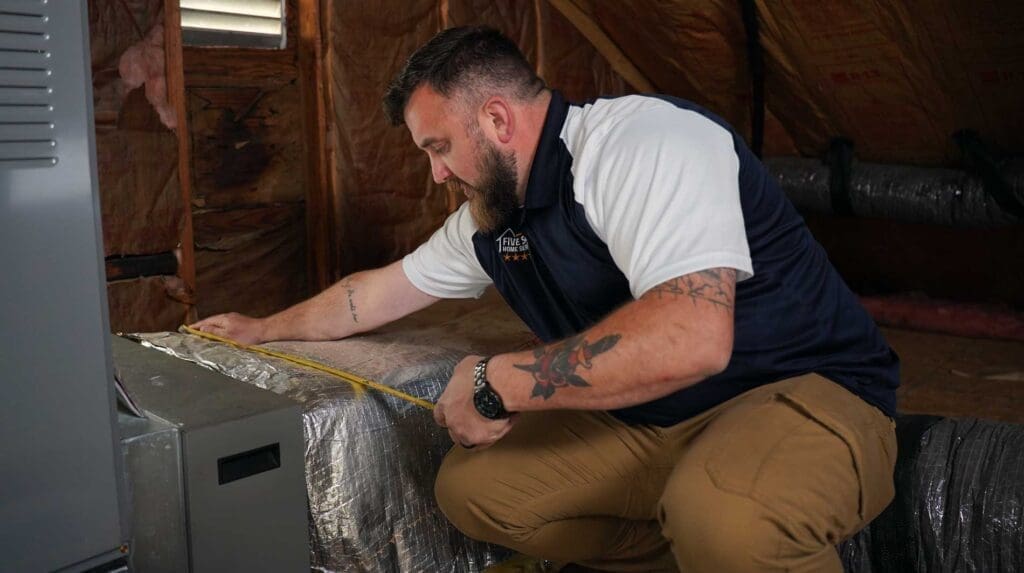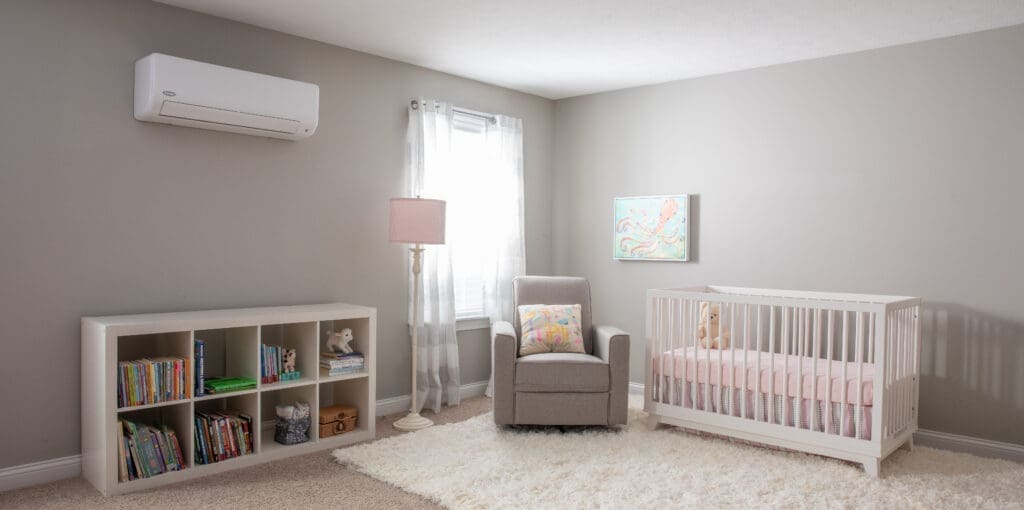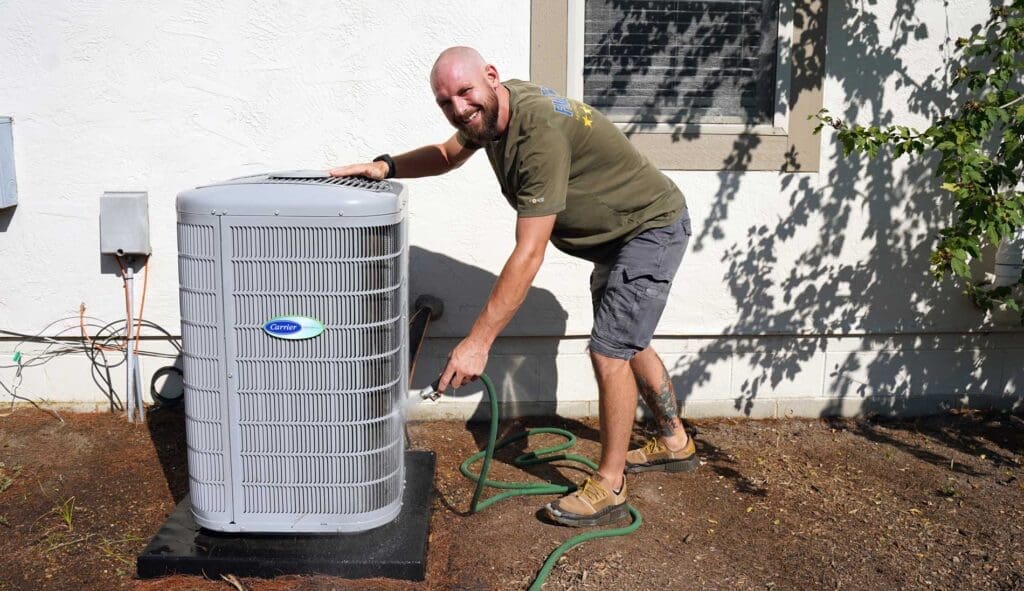When summer heat arrives each year, our central air conditioning systems become necessities. Because of this, we need to choose the right brand and model to beat the summer heat efficiently. Sometimes, homeowners purchase a central air conditioner without proper research, failing to get an air conditioning system most suited to their needs.
In the following, we will list several questions to consider when choosing the most suitable air conditioning units for your home:
1. Cheapest Isn’t Always the Best
Often, it is a widespread practice to purchase the least expensive new air conditioner to save on air conditioner cost amounts. This includes window AC units, portable air conditioners, wall-mounted air conditioners, portable AC units, and ductless air conditioners.
Nevertheless, the more expensive units are usually more cost-effective overall as they cost less to run and pay for themselves over time. Higher-rated AC units consume limited amounts of energy. Due to the potential risks involved, we recommend you avoid installing these systems alone. Our HVAC professionals can quickly and effectively install all necessary components. Aside from that, you should also consider your budget while choosing a new AC unit.
2. Consider Replacing Your Furnace Alongside Your AC
Don’t overlook the opportunity to replace your furnace when upgrading your air conditioning system. Here’s why it’s a savvy decision: modern furnaces typically have lower amp draw, resulting in decreased energy consumption and lower utility bills. By replacing your furnace alongside your AC unit, you can enjoy reduced cooling costs during the summer months. Opting for a simultaneous installation can save additional labor and installation expenses.
3. Ensure Proper Sizing: Why the Load Calculation Matters
Selecting the right size air conditioner for your home is crucial to ensure efficient cooling and avoid unnecessary expenses. A unit that’s too small will overwork itself, leading to increased energy consumption and higher bills. Conversely, an oversized AC system may cool the air too quickly, failing to dehumidify the space adequately.
At Five Star Home Services, we emphasize the importance of proper sizing during our free indoor home estimate. Our experts will meet with you to discuss your comfort concerns and needs. But that’s not all – we’ll also perform a J Load calculation to determine the ideal size system for your home. This calculation considers square footage, insulation, and windows to ensure precise sizing.
Proper sizing is a cornerstone of our professional air conditioner installation service. Stay tuned for the fourth part of this guide, where we delve deeper into tonnage and sizing considerations!

4. Understand Your A/C’s SEER rating
Make sure that you purchase an energy-efficient A/C system. Doing so will decrease your electricity bill. It’s essential to check the seasonal energy efficiency or SEER rating to identify the most cost-effective solution. These ratings range from 8 to 11.5. The higher the rating, the more energy-efficient the equipment is. Energy-efficient A/C systems are also suitable for the environment. They don’t give off harmful gases or put heat into the environment. Most modern systems have functions such as variable fan speed, digital temperature controls, and sleep settings. We will also delve deeper into SEER ratings in part three of this blog.
5. Determine if You Need Any Ductwork
Before installing a centralized air conditioner, it is necessary to ensure that your ductwork is in good condition. Ensure the joints are sealed so that cool air stays in the room. Old or inefficient ducts tend to leak up to 20 percent of cool air in the environment. Because of this, hiring a professional AC technician like Five Star Home Services is ideal for resolving problems with air ducts. We can check the air duct systems and repair any concerns efficiently. Once we secure the duct system, you can contact one of our professionals for air conditioner installation. We are always standing by.
6. Explore Indoor Air Quality Products or Add-Ons
When installing a new air conditioner, it’s the perfect opportunity to address any lingering comfort issues by considering add-ons. Whether you’re concerned about indoor air quality or exploring options like ductless mini-split systems, now is the time to prioritize your home’s comfort.
At Five Star Home Services, we offer a range of add-ons to enhance your cooling experience. We can seamlessly install all components during installation by planning ahead and considering what products you’d like to bundle together.
By taking advantage of add-ons during your AC installation, you can ensure that your home is equipped with everything it needs to keep you comfortable throughout the year.

7. Choose an A/C Brand That Provides Value and Longevity
Homeowners should choose a durable AC system that does not need AC repairs or AC replacement as frequently. Most people can find a suitable model by doing their own research. Moreover, a professional service like Five Star Home Services can help you compare different brands and models and help you purchase the most durable products.
A high-quality, durable A/C unit saves money in the long run. Additionally, the system should have a valid warranty that covers you in case anything happens. Just remember to have maintenance performed regularly.

Remember that Five Star Home Services is a high-quality service provider in Greater Columbus, Greater Cincinnati, Greater Dayton, and surrounding areas. We are a local family-owned company that assists in efficiently installing AC systems. We also offer a complete variety of plumbing and electrical services. We are your one-stop home service shop. You can also get a free estimate from our experienced professionals at Five Star. Call us today to discuss details about the installation of AC systems.


